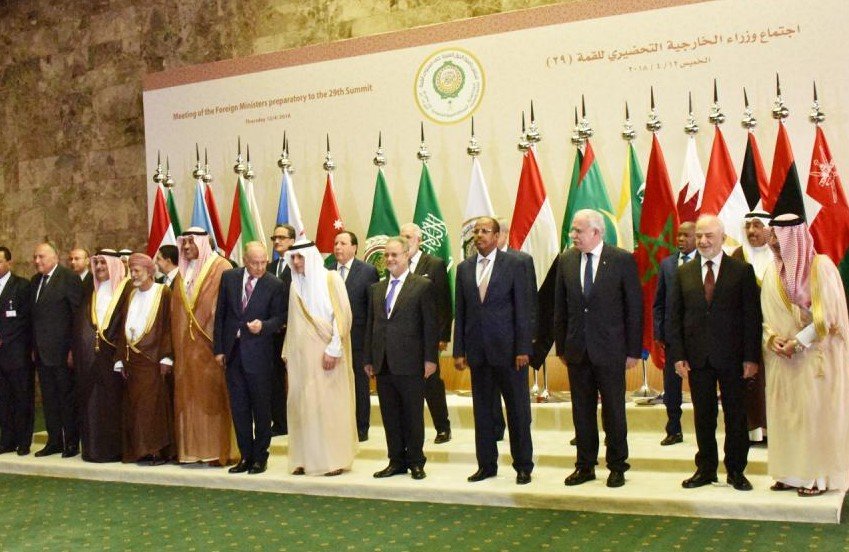Saudi Arabia and Iraq signed a sweeping agreement on Wednesday aimed at stemming the flow of narcotics across their shared border, signaling rare cooperation amid rising regional concerns over synthetic drugs and cross-border crime.
The memorandum of understanding (MoU), inked in Riyadh, was signed by Saudi Interior Minister Prince Abdulaziz bin Saud bin Naif and Iraqi Health Minister Dr. Saleh Mahdi Al-Hasnawi, who also chairs Iraq’s Supreme Committee for Drug Control. The agreement marks a shift toward institutional coordination between the two neighbors, especially in the battle against the smuggling of narcotics, psychotropics, and chemical precursors.
A Cross-Border Crisis No One Can Ignore
Drug trafficking along the Iraq-Saudi border has quietly evolved into one of the region’s grittiest issues. For years, porous frontiers and war-time disruptions offered traffickers a smuggler’s playground. That’s starting to change.
Both governments say they’re treating this problem as a national security threat—not just a health issue. The new agreement puts that in writing. Saudi officials have long blamed external actors for flooding the Kingdom with drugs, especially the amphetamine Captagon, while Iraq has struggled to dismantle domestic production and transit networks.
It’s not just about narcotics, either. The MoU covers chemical precursors, substances that are often overlooked but can be turned into addictive synthetic drugs.
Why the Saudis Are Worried
In Saudi Arabia, drug busts have been making headlines almost weekly. The Kingdom’s customs authority, ZATCA, has seized tens of millions of pills this year alone. Most of them? Captagon.
What’s bothering Riyadh isn’t just the volume but the origin. Officials have traced smuggling routes through Jordan, Syria, and increasingly—southern Iraq. That’s a red flag.
The Saudi Ministry of Interior has also grown more vocal in blaming what it calls “well-organized regional drug syndicates,” often without naming countries. But observers say the move to sign an MoU with Iraq could be Riyadh’s way of shifting toward diplomacy rather than just law enforcement.

One Saudi official, speaking on background, said, “We can’t shoot our way out of this problem. We need eyes and ears across the border. Baghdad is starting to provide that.”
What’s in the Agreement?
Details of the MoU weren’t made fully public, but both sides emphasized three key areas: border monitoring, data sharing, and joint investigations.
Here’s what we know:
-
Border monitoring: Both countries will install surveillance infrastructure in high-risk zones.
-
Data sharing: Intelligence on drug routes, production labs, and trafficking groups will be shared through secure channels.
-
Training programs: Iraqi personnel will participate in training sessions hosted in Saudi Arabia.
One paragraph in the agreement reportedly stresses the importance of “preventative cooperation” in stopping precursor chemicals from reaching illegal labs.
And for the first time, Saudi Arabia has agreed to coordinate with Iraq’s Ministry of Health on rehabilitation initiatives for drug addicts—a pivot from Riyadh’s traditionally punitive approach to drug offenses.
A Growing Regional Problem
This isn’t just a bilateral headache—it’s regional. The Middle East’s drug economy has morphed into something far bigger than underground cartels. Militias, paramilitaries, and even elements of state security forces in Syria and Lebanon have been accused of profiting from narcotics.
Here’s a quick snapshot of regional seizures this year (2025 YTD):
| Country | Captagon Pills Seized | Heroin (kg) | Precursor Chemicals |
|---|---|---|---|
| Saudi Arabia | 48 million+ | 1,250 kg | 12 major shipments |
| Iraq | 22 million+ | 740 kg | 7 major seizures |
| Jordan | 13 million+ | 230 kg | 4 seizures |
| UAE | 10 million+ | 980 kg | 6 incidents |
These numbers barely scratch the surface. But they show one thing clearly: The problem is escalating. Fast.
The Iraq Factor: Fragile but Willing
Iraq has its own drug crisis—and it’s snowballing. What used to be a transit point is now turning into a domestic market. Cheap narcotics, porous governance, and unemployment have created the perfect storm.
That’s part of what’s driving Baghdad to the table. For Dr. Al-Hasnawi, the Health Minister, the stakes are both political and personal. He’s been one of the few Iraqi officials openly warning that drug addiction is now more dangerous than terrorism in parts of southern Iraq.
“It’s in the schools, the farms, the prisons. We are drowning,” he told reporters earlier this year in Basra.
So, signing the MoU is also an acknowledgment: Iraq can’t handle this alone.
What Happens Now?
The document has been signed. But what comes next is murkier. Implementation has tripped up past efforts between these two countries, especially when politics get in the way.
One key risk: bureaucracy. Iraq’s security forces don’t always coordinate well with its health ministry. And Saudi Arabia has a more centralized system, meaning delays on the Iraqi side could frustrate officials in Riyadh.
Then there’s the issue of follow-through. A senior Gulf diplomat told Bloomberg anonymously, “There have been many MoUs in this region. Not all of them live beyond the press release.”
But there are signs this time might be different. The agreement reportedly includes timelines and benchmarks—something rare in regional drug control deals.
Why This Deal Actually Matters
It’s tempting to dismiss another MoU as diplomatic theater. But this one taps into something deeper.
Saudi Arabia has been recalibrating its regional relationships, especially after normalizing ties with Iran earlier this year. That change in posture is bleeding into its other dealings, including how it addresses drug trafficking—with diplomacy, not just force.
For Iraq, the agreement shows growing willingness to re-engage with Arab Gulf neighbors after years of Iranian dominance in its internal affairs. If implemented seriously, it could reset trust.
And most importantly, it puts a human face on the crisis.
Parents in Najaf and Jeddah are worried about the same thing: losing kids to drugs. If this deal works—even just a little—it’s one step closer to preventing that.
